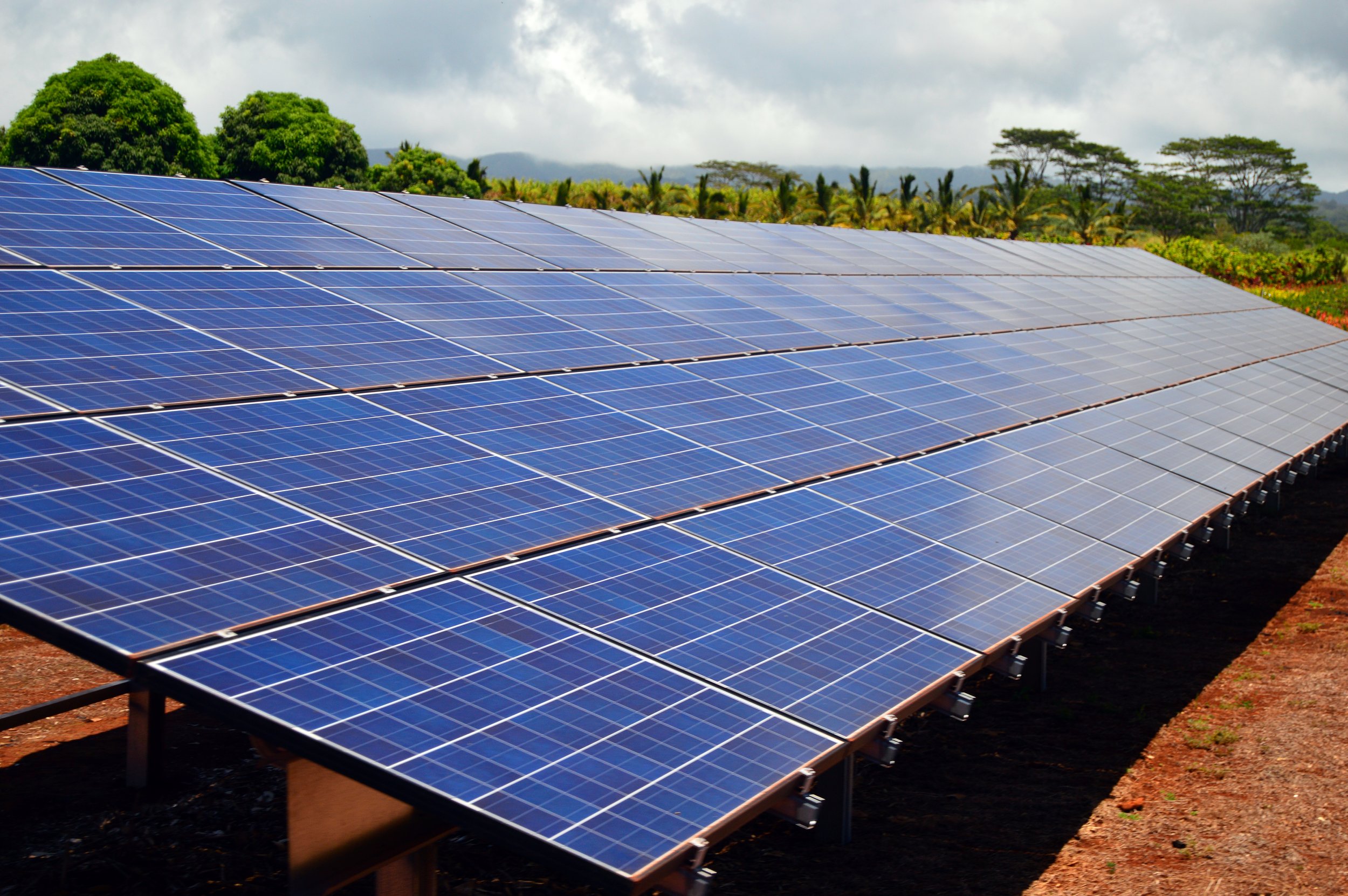
Reliable, Affordable, and Clean Energy
In order to become climate resilient, U.S. islands need local, independent, reliable, and affordable energy generation and community-based distribution systems that are locally informed and responsive to local needs.

Islands are naturally more vulnerable to the effects of natural disasters so they need self-sufficient, affordable, and reliable energy systems to ensure they can continue to serve their community even after a natural disaster. Because of their unique geography and populations, islands are the ideal place for renewable energy technologies and innovations. Islands will need continued investment, support, and technical training to transition to a clean energy future. Technical training allows for islands to develop their existing workforce with renewable energy expertise while meeting the unique needs of their community. Developing individual island capacity decreases islands' reliance on fuel imports and enables them to become energy independent. Energy systems that work on an island could be applied to other rural communities across the continental United States to help those rural communities become more climate resilient.
The following reliable, affordable, and clean energy related federal policy recommendations will help U.S. islands achieve climate resilience:
Federal government support for island communities in establishing and achieving island-driven clean energy or net zero goals.
Federal clean energy policies and recommendations that are locally relevant and consider local expertise.
Develop and support effective federal funding mechanisms to incentivize and support clean energy deployment and energy storage solutions on islands.
Expand DOE’s authority to finance clean energy projects in underserved and frontline communities, including island communities.
Establish and fund the operation of clean energy related pilot programs on U.S. islands to advance projects like microgrids and small-scale power generation.
Support an energy transition that does not rely on non-renewable ocean resources or damage biodiversity.
Establish and fund a consortium to support the collaboration of federal agencies with local island governments, Indigenous communities, stateside governments, NGO’s, and local community stakeholders to develop and manage island-wide land use planning efforts including the siting of clean energy projects. Such land use planning should include managing watershed conservation and restoration funding as well. (See Watershed Management and Coastal Resilience, below.)
